Learning Library
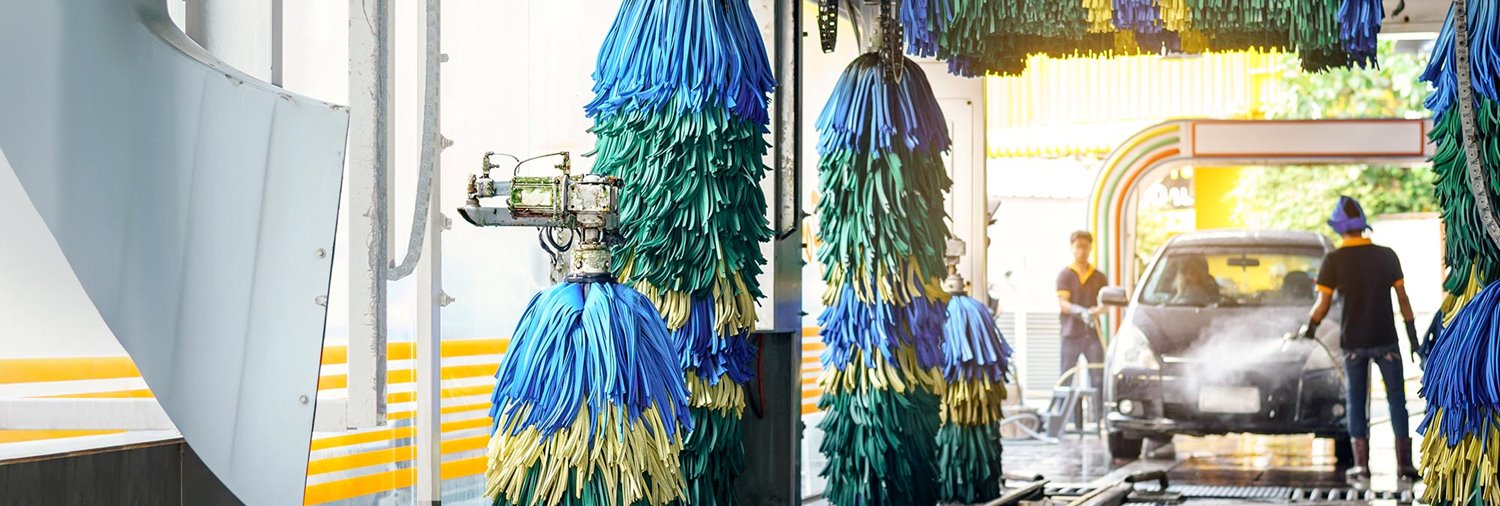

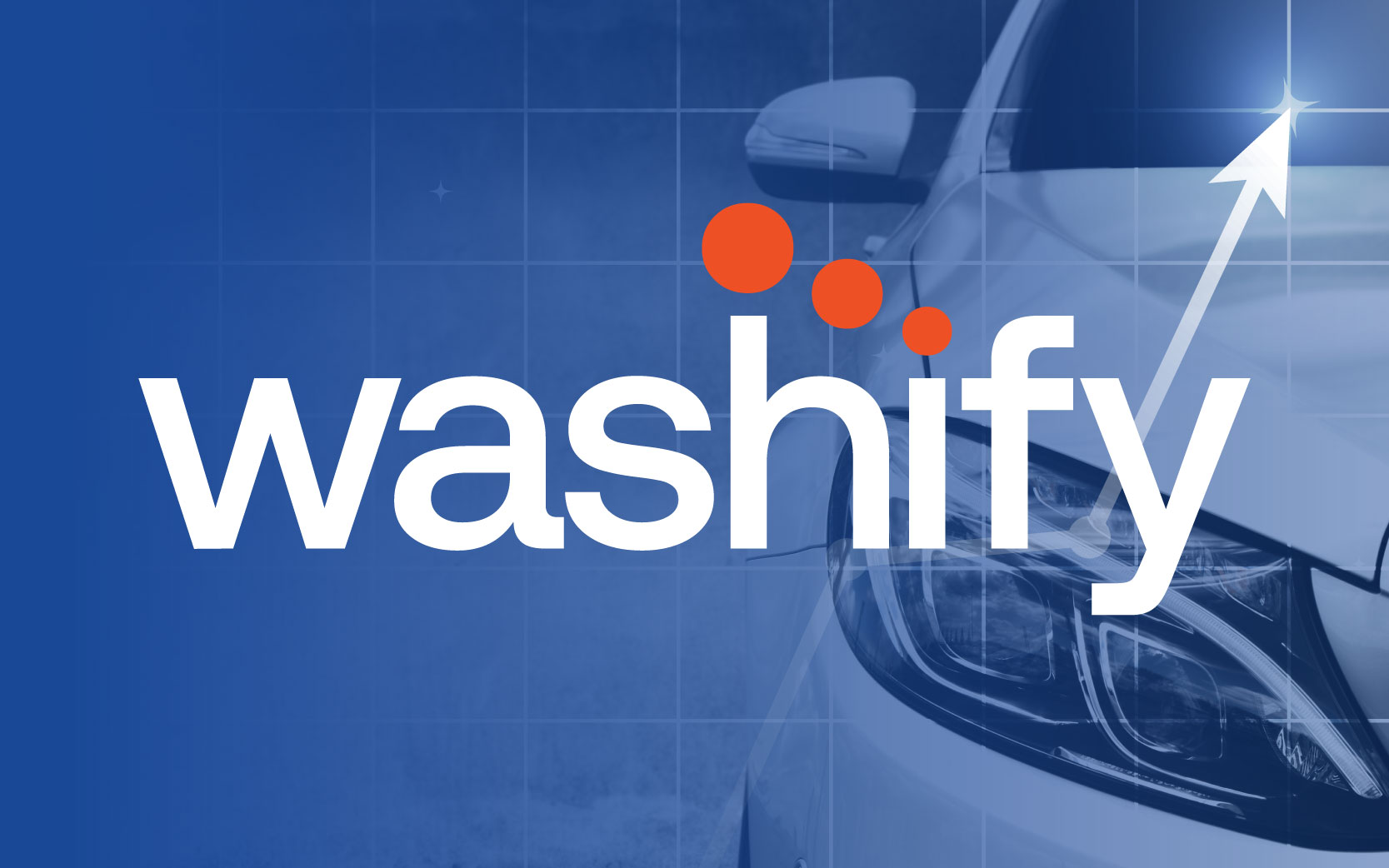
Webinar
October 1, 2025
In-Bay operators face unique challenges: unpredictable income, limited staffing, and slow throughput. Washify was built to solve these problems, de
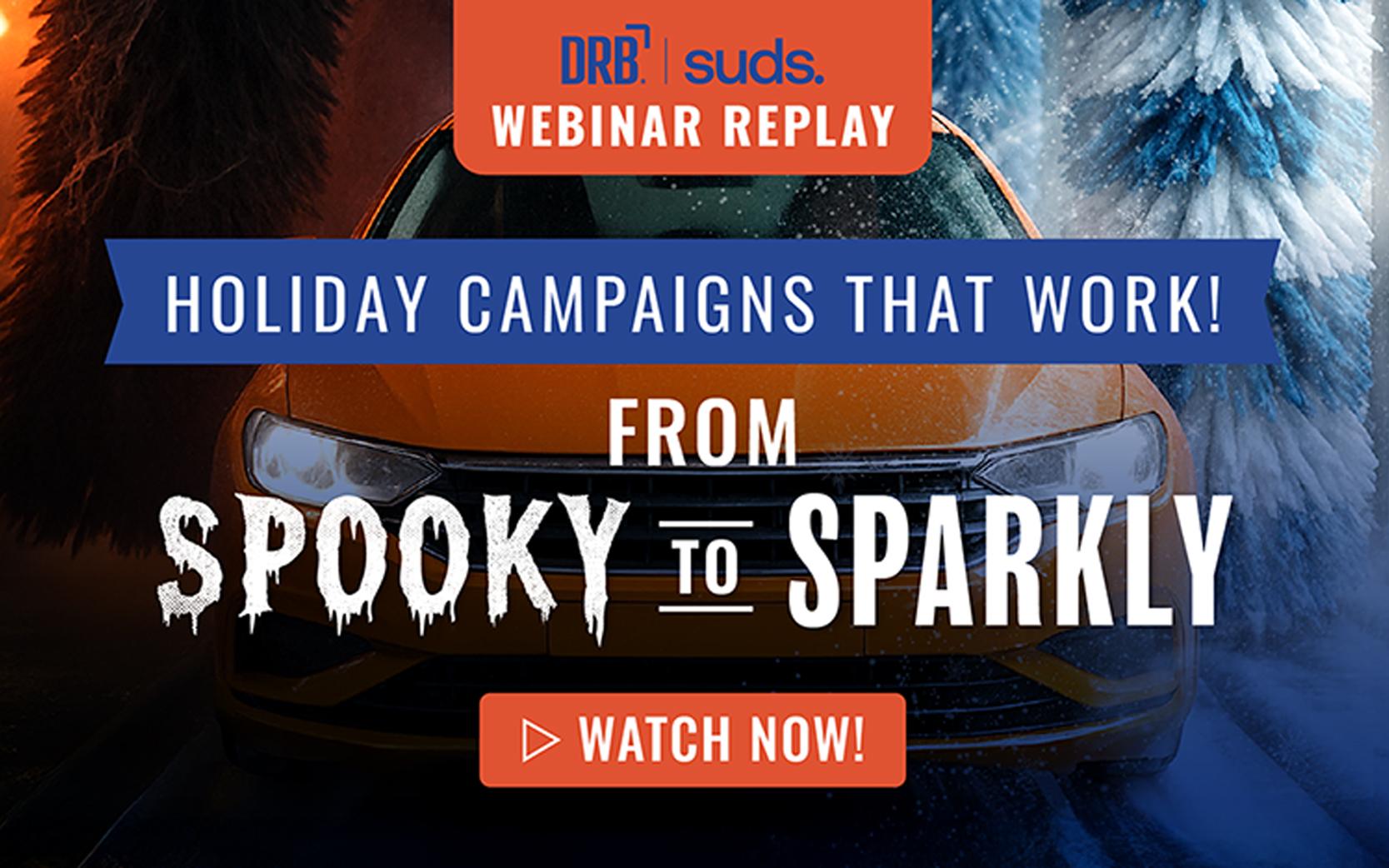
Webinar
September 11, 2025
In this webinar, the Suds team for a fresh take on holiday promotions, where we’ll break down three proven campaigns and how to make...
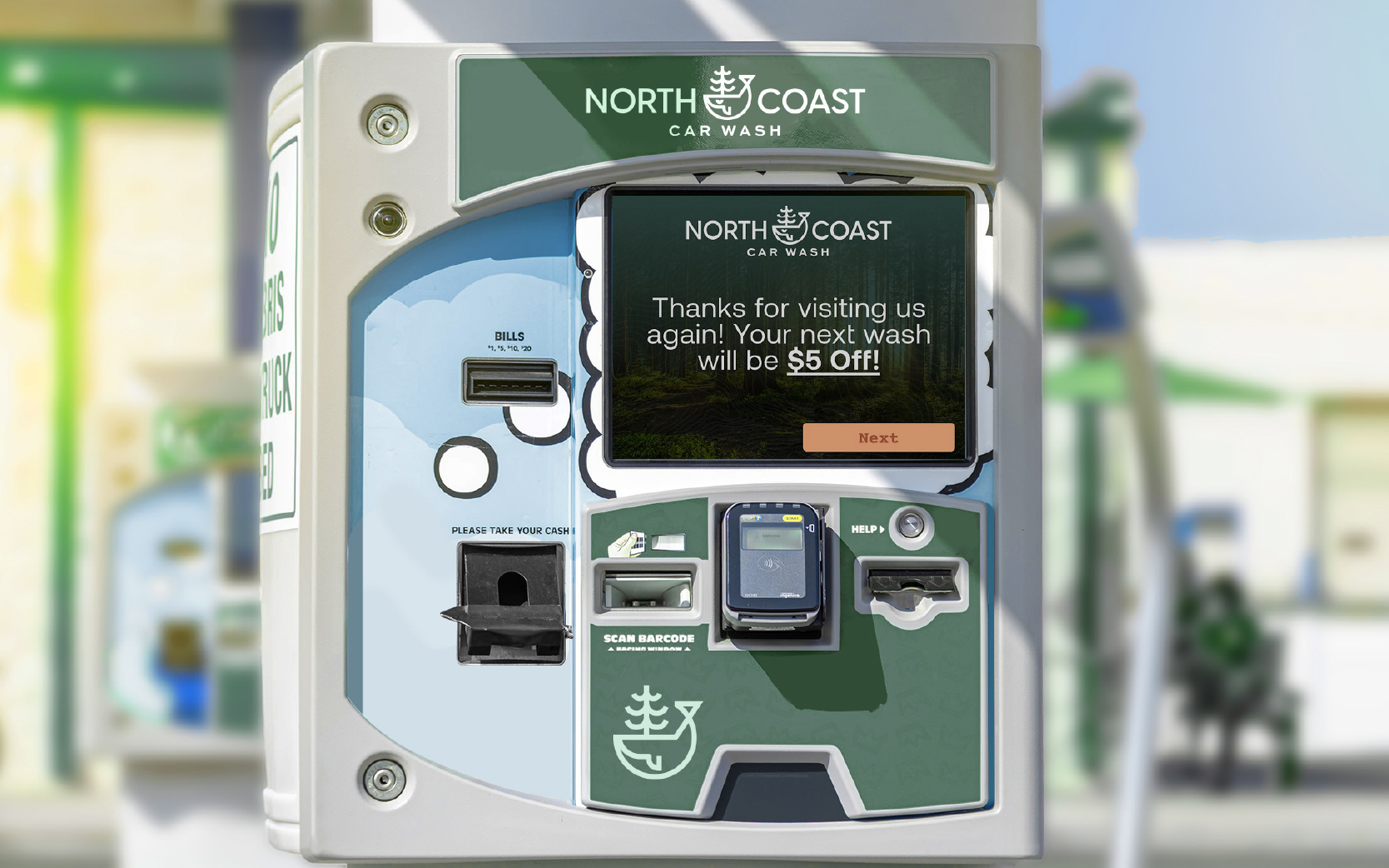
Webinar
Webinar: Better Results Start Here: Why Operators are Moving to Patheon
August 29, 2025
In this session, we’ll walk you through: What’s changing in the industry and why SiteWatch users are upgrading to Patheon. The real...<
Read more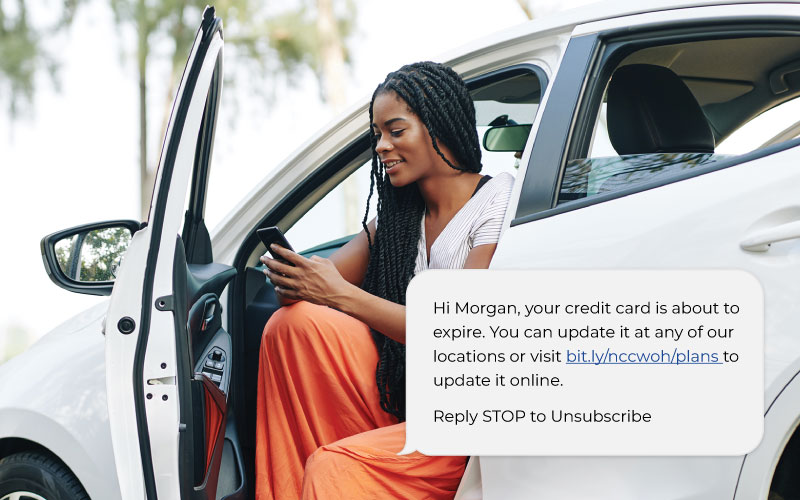
Webinar
Webinar: Want to Grow? Forget Legacy POS Technology, It’s Time for End-to-End Customer Engagement
July 25, 2025
We break down practical strategies and tools that help car wash operators connect the dots: attracting more retail customers, growing memberships,
Read more
Webinar
Retail Gold – Why Retail Customers Are Vital to Your Car Wash and How to Keep Them Coming Back
June 27, 2025
Monthly wash plan members matter—but don’t overlook Proxy Members. Discover who they are and how maximize this powerful revenue source.
Read more
Blog Post
Beyond Recurring Revenue: Building VIP Experiences That Drive Member Loyalty
June 23, 2025
Beyond recurring revenue, today's monthly wash programs must build lasting customer relationships that can withstand tough competition.
Read moreCase Study
Leveraging a Mobile App to Launch Memberships at IBA & Self-Serve Washes
Considering launching a Beacon app at your car wash? Wash Depot says "Go for it!"
Read more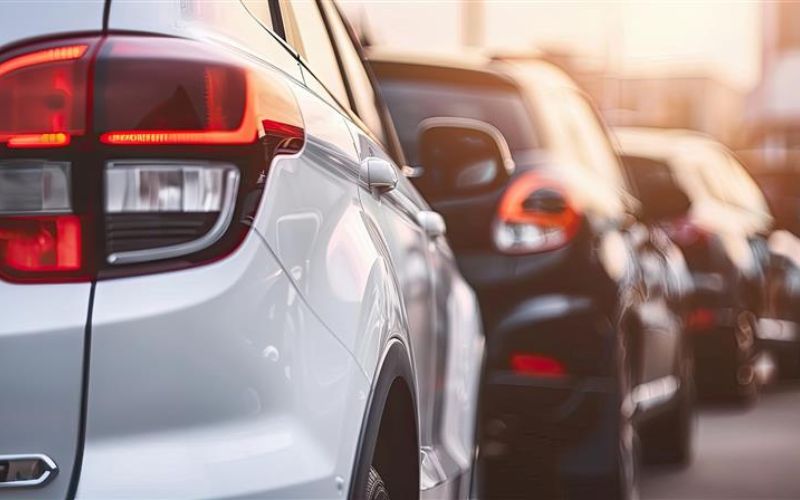
Webinar
Webinar: Making the Most of Your Busiest Days: How Can You Maximize Throughput When It Counts?
May 28, 2025
Key metrics like throughput, conveyor utilization and downtime are directly tied to your efficiency and profitability.
Read more
